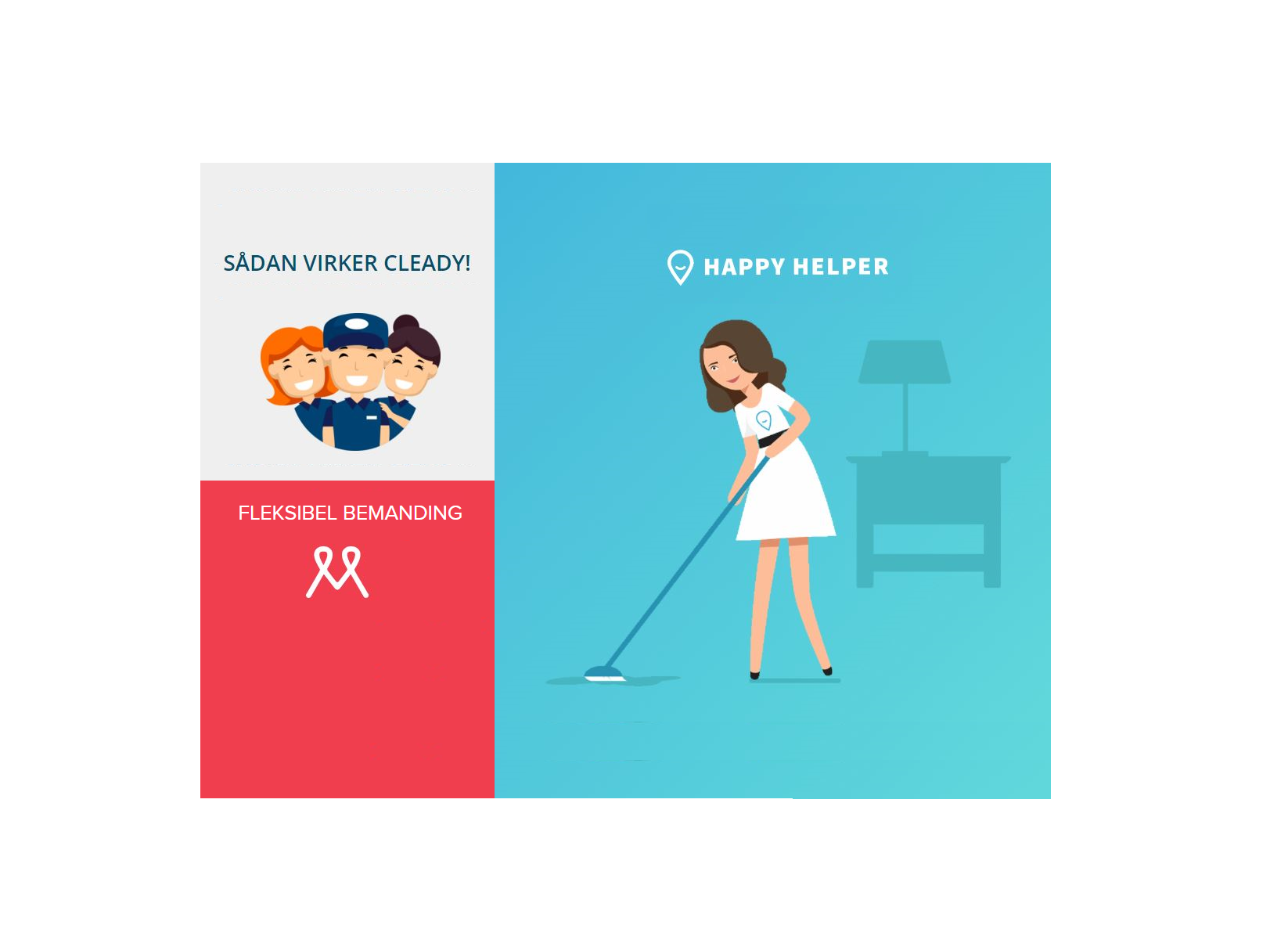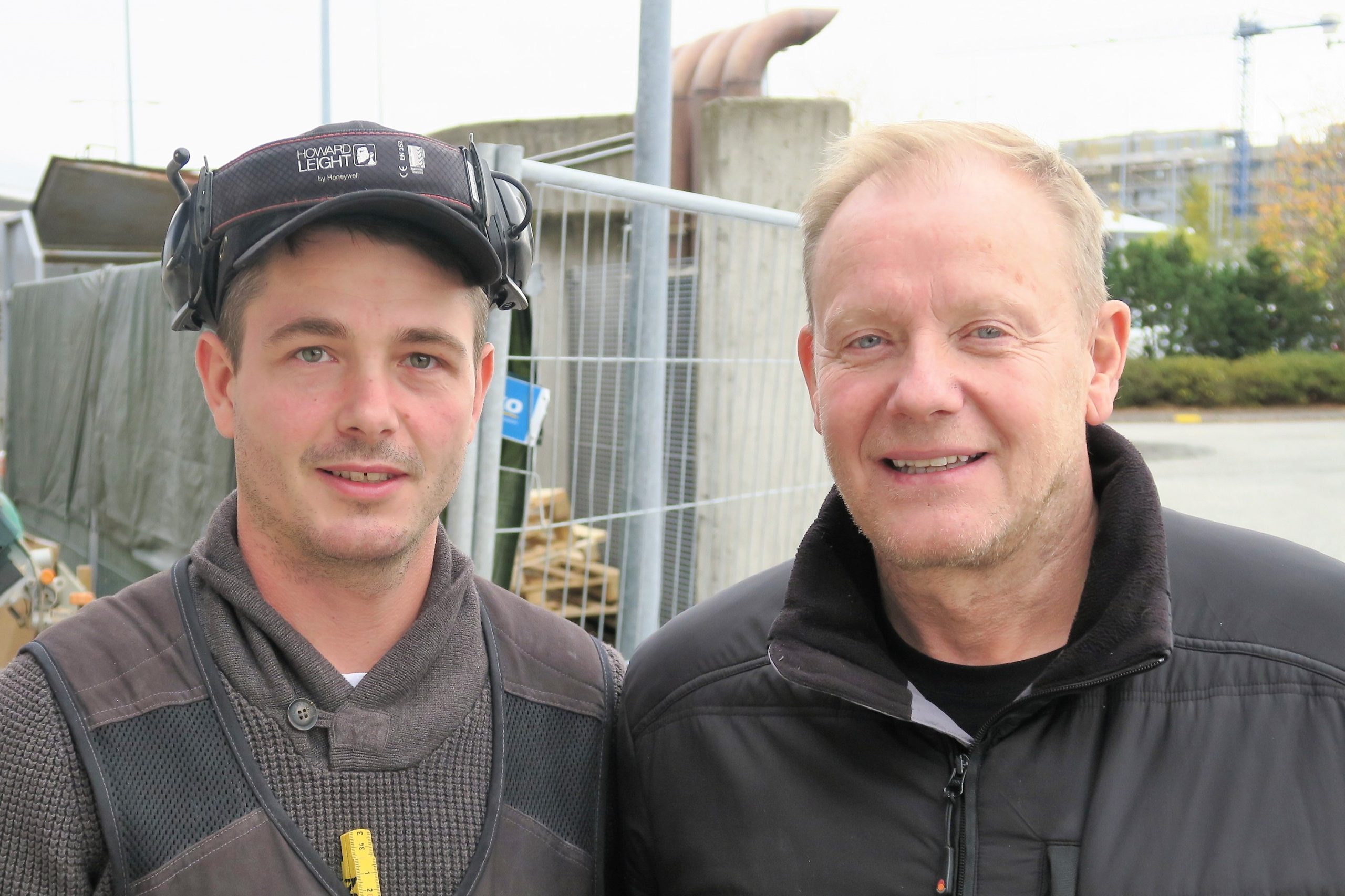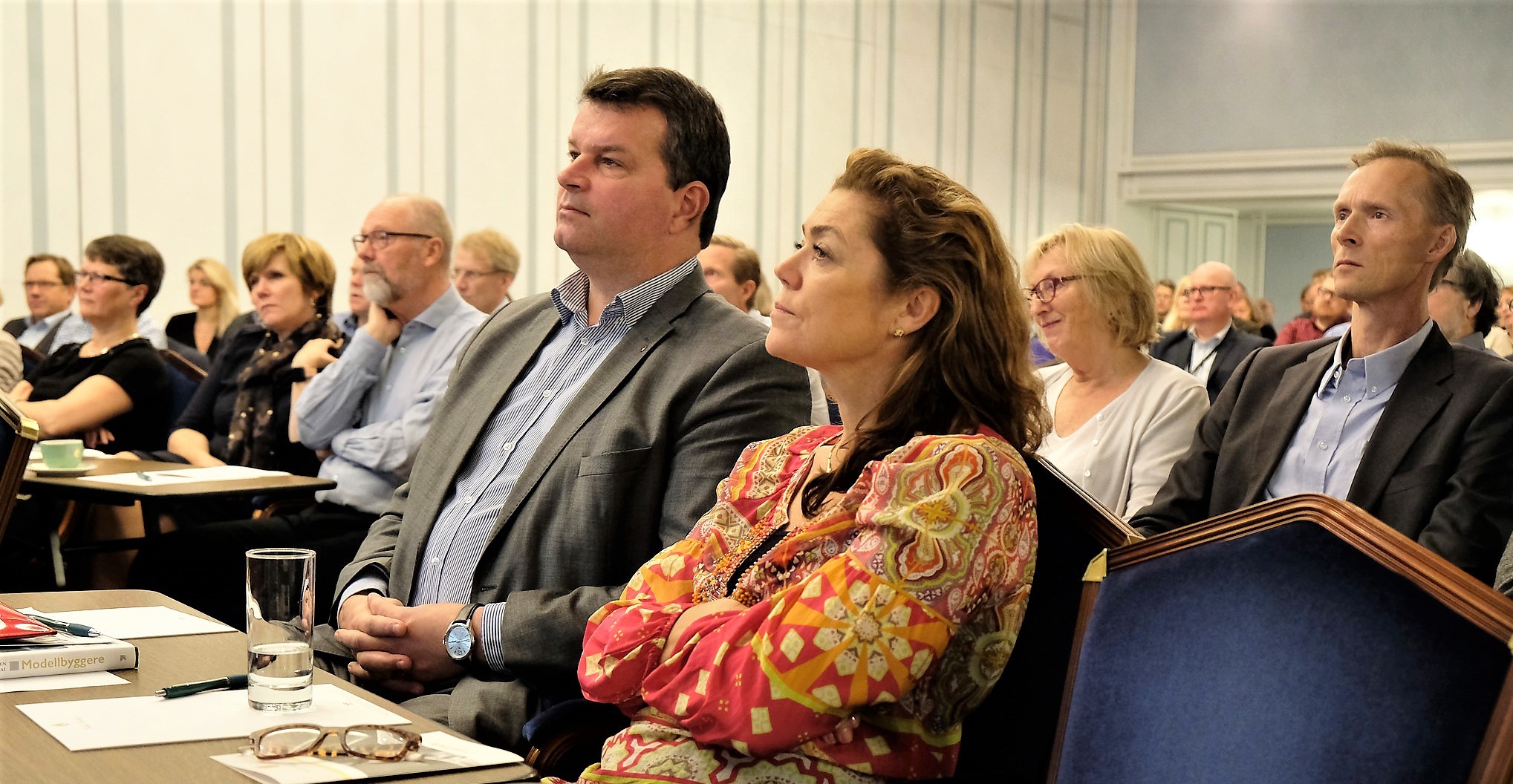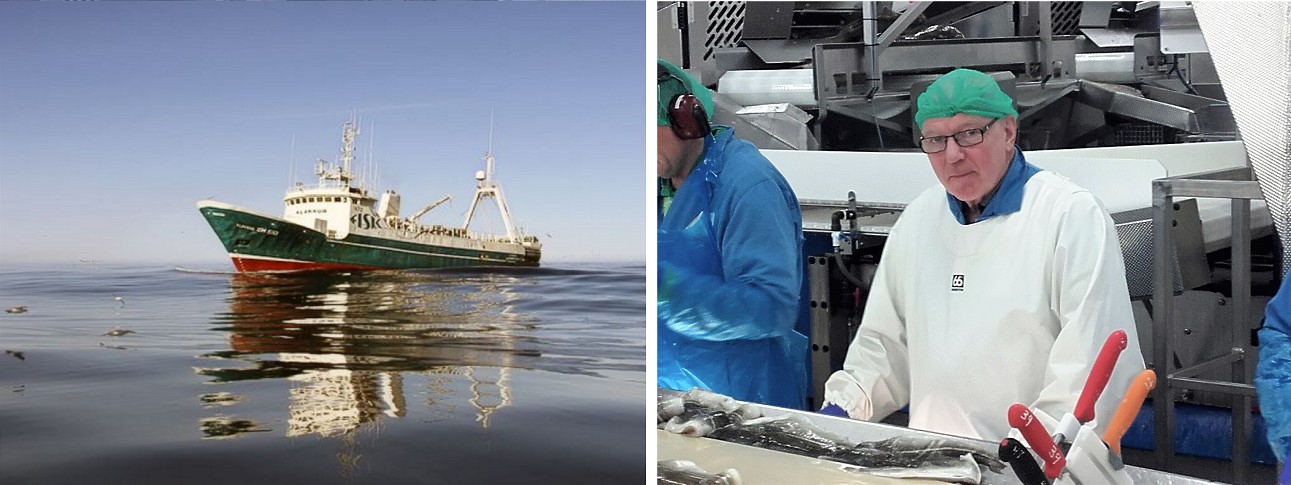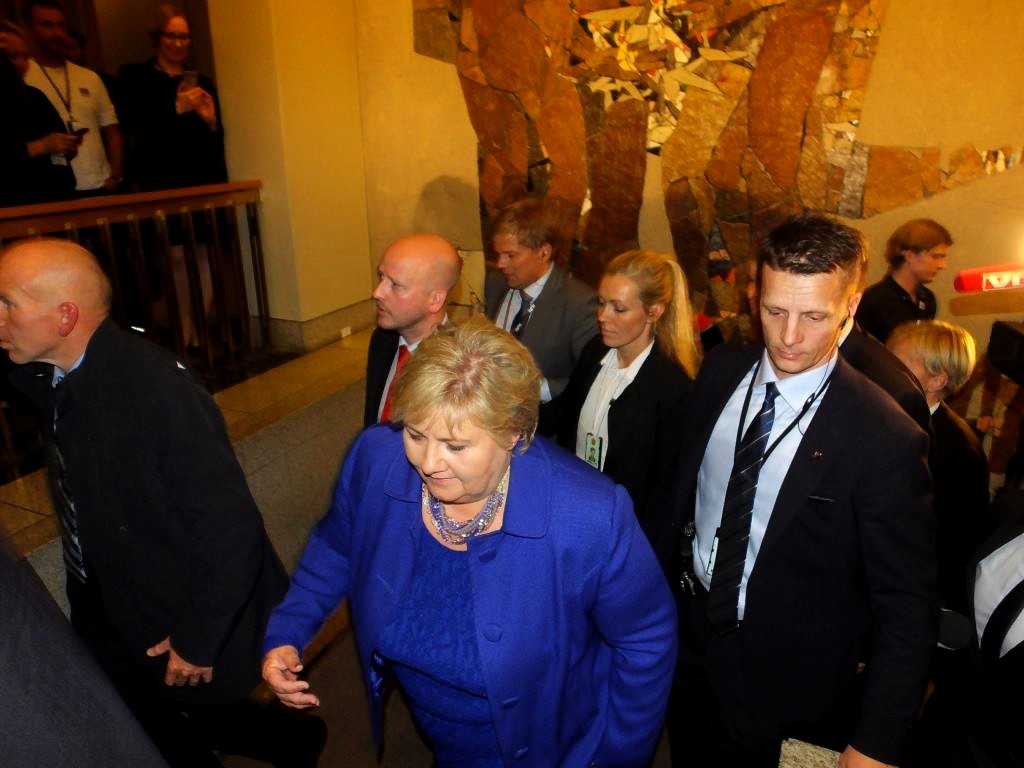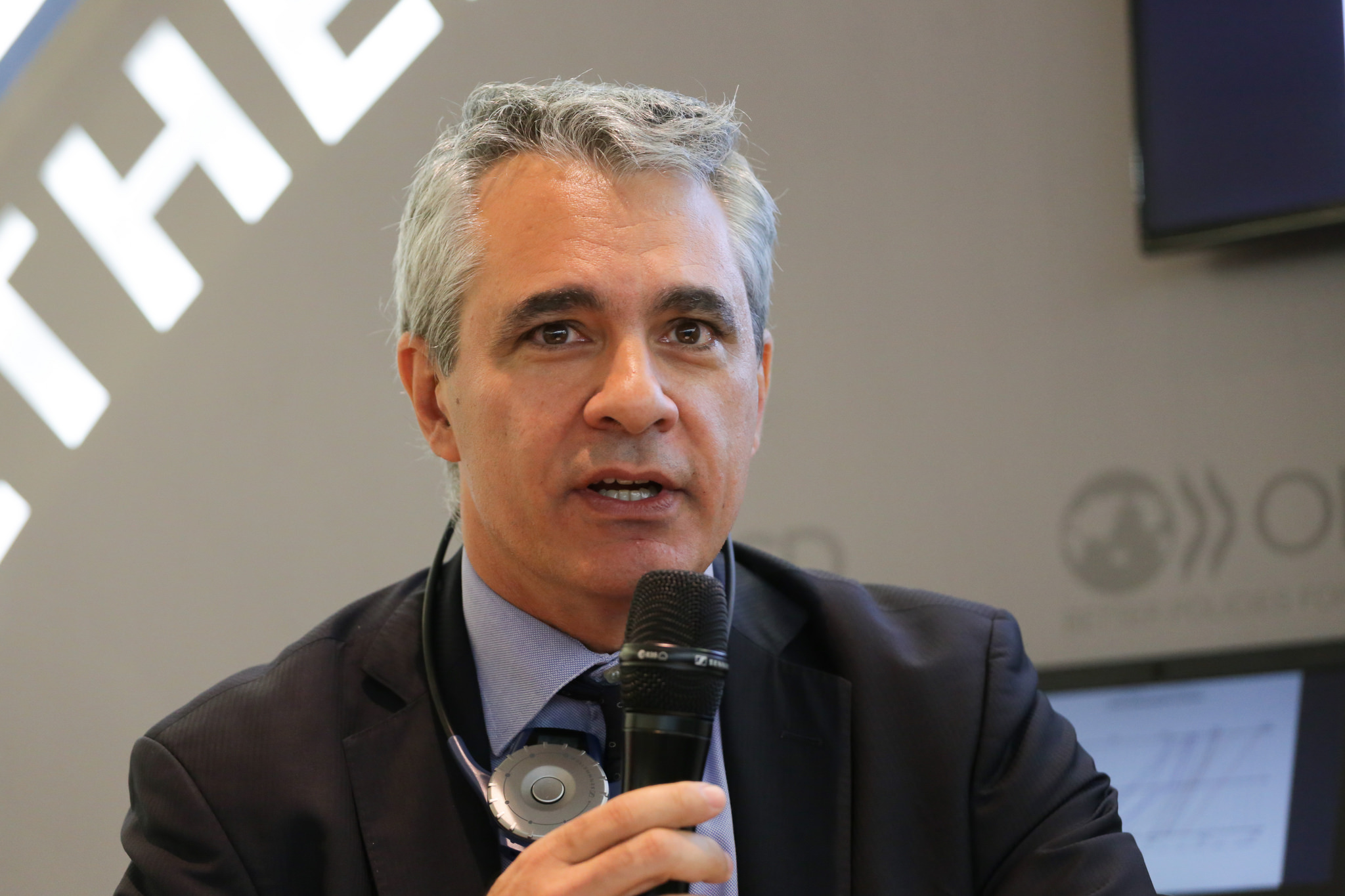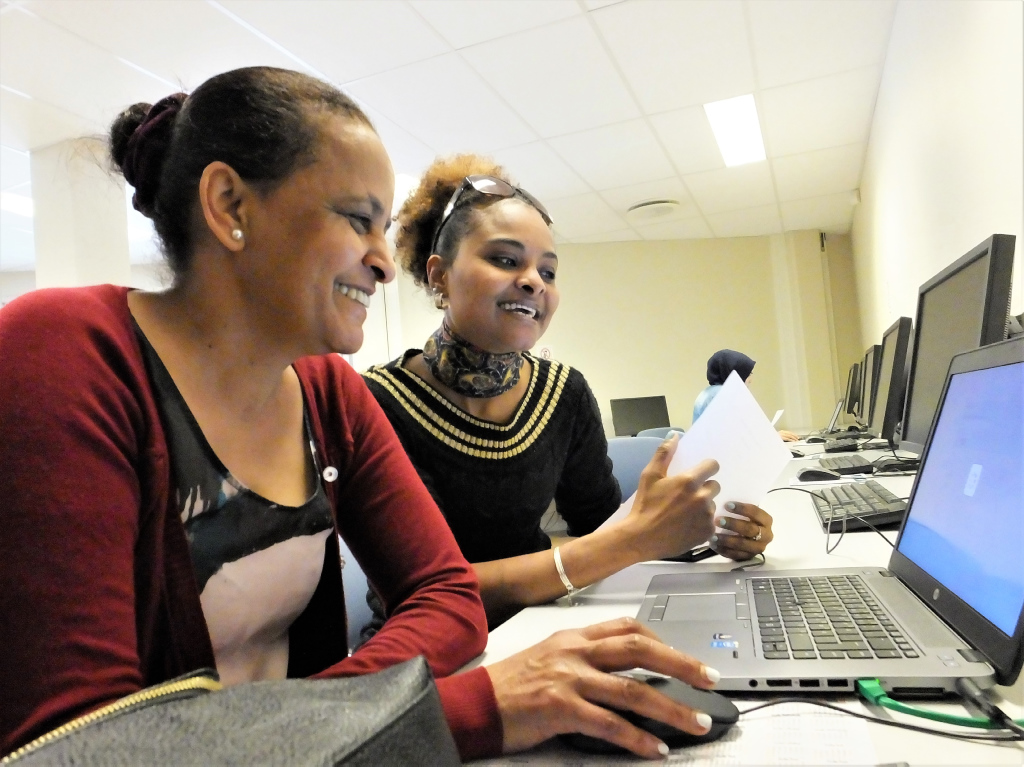News
-
Continuing education gets huge push from Danish government and social partners
The Danish government and the social partners have agreed to spend nearly 2.5 billion Danish kroner (€335m) on continuing education for more workers. The agreement has broad political backing, but one labour market expert wonders whether it goes far enough.
3 minutes -
The Nordic Labour Journal – also on Facebook
You can now access news and debates about the Nordic labour market on Facebook. The Nordic Labour Journal highlights trends and policies, and also stories from working life.
2 minutes -
Danish sharing economy strategy just a first step
The government’s long-awaited sharing economy strategy is a first, small step towards regulating the sharing economy in Denmark, but the social partners agree more needs to be done.
5 minutes -
Native language disappearing from Icelandic workplaces
Iceland is experiencing enormous growth. Every year thousands of foreigners arrive to help Icelanders in the labour market. Tourism represents the largest area of growth, followed by the construction industry. The English language is increasingly being used within both trades. Many Icelanders are worried about the Icelandic language’s position in the multicultural society.
4 minutes -
TBU at 50: Wage formation – the Norwegian model’s unique attribute
The basis for the Norwegian version of the Nordic model is a shared understanding of reality before the parties begin wage negotiations. The result has been few conflicts and narrow pay gaps.
9 minutes -
Icelandic continuing education: “Employees became more interested in their jobs”
One in three adult Icelanders had no more than an elementary school education in the year 2000, and got no continuing education through their work. Since then, the social partners have developed a learning centre for further training of people with lower education levels. This has helped reduce the share of lower educated. It used…
4 minutes -
Agreement on what constitutes minimum rates of pay for construction workers in Sweden
After nearly ten years of quarrelling, the Swedish trade union for construction workers (Byggnads) and their counterparts at the Swedish Construction Federation (BI) have agreed what the “minimum rates of pay” for constructions workers posted to Sweden should comprise. The parties think the same conditions should apply for public procurement of construction projects.
2 minutes -
Erna Solberg heads for four more years as Norwegian Prime Minister
Erna Solberg carries on as Norway’s Prime Minister, but with a weaker parliamentary mandate. The Labour Party was the looser in Monday’s election. The Centre Party gained the most ground, carried forward by rural areas protesting against what they see as a threat to municipal independence.
3 minutes -
Challenging globalisation’s winners: The OECD wants to bridge the divides
The OECD’s Stefano Scarpetta calls the new narrative a paradigm shift. We must change the ideas which have created an increasing gap between rich and poor, says Secretary-General Angel Gurría: Economic growth is not enough, we need a new vision for inclusive and sustainable development. The social dimension broke through clearly at the OECD Forum…
9 minutes -
Everybody wants to know about refugees’ skills
While the Nordic countries tightened border controls and made it harder for refugees to seek asylum, they also changed their policies to help refugees get quicker access to the labour market. In Norway the asylum seekers can now register their skills by themselves.
3 minutes

